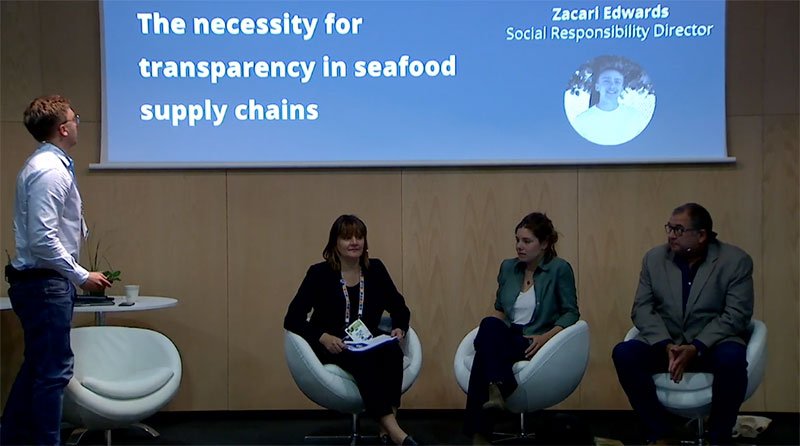Case Study: IPNLF's Sourcing Transparency Platform - The Necessity for Transparency in Seafood Supply Chains
In order to promote the vital social, economic and environmental benefits of one-by-one tuna fishing, we need to address the lack of readily available data surrounding small-scale tuna fisheries. This is why IPNLF decided to launch the Sourcing Transparency Platform (STP), the first platform to drive greater transparency in one-by-one tuna supply chains throughout the globe. The STP has been designed to make one-by-one tuna supply chains more transparent and to create a conversation from B2B and from company-to-customer. The STP allows commercial IPNLF members to clearly showcase how their sourcing decisions both align with the Sustainable Development Goals (SDGs), and directly support one-by-one tuna fisheries; thereby safeguarding coastal livelihoods, contributing to food security and strengthening local economies. Each company has populated their page with information to give in-depth insight into their sustainable operations. This enables transparency that is vital for creating conversations for how we should be sourcing and consuming tuna, to be responsible, ethical, and truly support the coastal communities that we rely upon for our seafood. The health of our oceans is becoming an increasing concern for consumers, heightening the need for greater transparency throughout seafood supply chains. In this session, we want demonstrate the Sourcing Transparency Platform on the basis of the profiles of Marks & Spencer, Fish Tales, and Woolworths SA and the market industry decisions on sourcing commitments, general CSR, or sustainability, or, on the side of legislation – how the concerns raised for our oceans and tuna stock management are justified.






